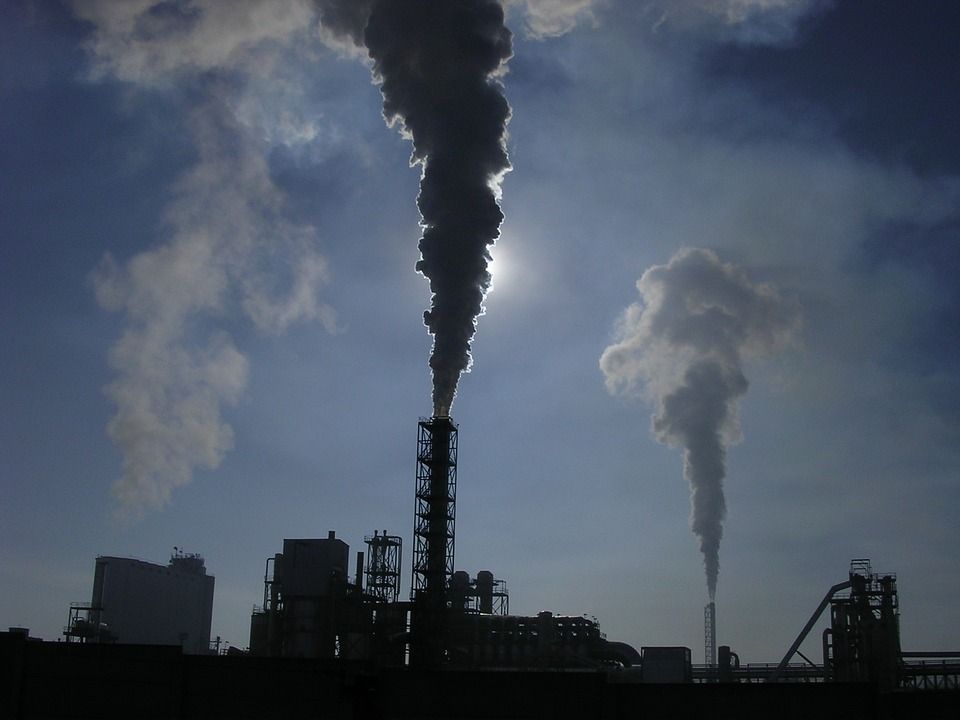No rise in CO2 emission despite global economy growth
The stagnation in global carbon dioxide (CO2) emissions from energy is the result of growing renewable power, according to new report

The stagnation in global carbon dioxide (CO2) emissions from energy is the result of growing renewable power, according to new report.
The International Energy Agency (IEA) report states that CO2 emissions from energy have stayed flat for the third consecutive year despite growth in the global economy.
In 2016, global emissions from the energy sector reached 32.1 billion tonnes – the same as the figures for 2015 and 2014 – while the global economy grew 3.1 per cent in 2016.
The IEA attributed the halt in emissions to increasing renewable energy production, transfers from coal to natural gas and improvements in energy efficiency.
However, the agency said that it was still too soon to claim that global emissions have peaked.
The U.S. experienced the most significant decline, with CO2 emissions falling by 3 per cent – or 160 million tonnes – while the economy grew 1.6 per cent in 2016.
The decline in emissions followed a considerable shift away from coal production and towards shale gas supplies and renewables.
In China CO2 emissions declined 1 per cent, while in Europe figures remained constant – offsetting increases in many other parts of the world, according to the IEA.
In 2016, China was the world’s largest solar market, adding a remarkable 34.2 GW an increase of over 125 per cent compared to the previous year.
At the same time, the country’s consumption of coal fell by 4.7 per cent – according to preliminary calculations by the National Bureau of Statistics.
Emissions in the European Union were largely stable as gas demand increased 8 per cent and coal declined by 10 per cent.
In the UK, CO2 emissions fell by 5.8 per cent in 2016, after coal use fell a record 52 per cent – according to the Carbon Brief.
The decline in the use of coal is largely attributable to higher domestic carbon prices and the surge in renewables – in 2015, the carbon tax doubled to £18 per tonne of CO2.
Dr Fatih Birol, Executive Director of the IEA, said: “These three years of flat emissions in a growing global economy signal an emerging trend and that is certainly a cause for optimism, even if it is too soon to say that global emissions have definitely peaked.”
He went on to say: “They are also a sign that market dynamics and technological improvements matter. This is especially true in the United States, where abundant shale gas supplies have become a cheap power source.”
Never miss an update by signing up to our free newsletter here.



_400_250_80_s_c1.jpg)


